In an industry populated by an overwhelming heteronormative majority, androgynous supermodel Rain Dove is lending her striking good looks to many high fashion brands in the hopes of breaking molds and creating a more inclusive and accepting fashion world for all people, LBGT or not.
We recently had the privilege of speaking with the former Calvin Klein model on the heels of her walking for Queer Fashion Week in Oakland, Calif. (which is set to take place April 16-19), and she gave us her thoughtful insights on everything from Dolce & Gabbana’s recent controversial comments, to her unexpected background in fashion and why it’s important for other young LGBT people to believe in themselves.
Do you wish the LGBT modeling community were better represented in bigger events like New York Fashion Week, versus having to make other events like Queer Fashion Week just for the community?
What’s really important is that we don’t have a community. I feel like what’s really important is that we have a world of people who accept each other no matter what their love preferences are. Having a culture is important, of course, so that you can open up dialogue and really kind of explore with each other your different interests, and things like that.
When we tend to costumize and separate our community from the community we wish to accept us, it’s saying that they have to accept us but we don’t have to necessarily accept them on that same level. It doesn’t mean that we don’t accept them, but it definitely means that the playing field is a little unequal.
When I see something like Miz Chris’ (Queer Fashion Week’s producer) event, I think that it is a really important event.
I think that the goal is not to make our community such a shock value, I think it’s to make our community part of the greater world community. It’s to make us all one people.
What do you think it will take for the fashion industry to reach that normalcy where seeing two girls kissing or seeing two guys hanging out won’t be shocking, it will just be the norm?
You just have to have a lot more of it. That’s all. It’s just that simple. You have to make it popular. I think brands are afraid. As a designer, as a person, you aren’t obligated to support anything. You aren’t obligated to do it, but you do it because not only would it be right morally to yourself, but for your company it is beneficial.
For the fashion industry, we need to let them know that we as consumers will compensate of supersede the amount of money or product consumed that they might lose from representing us in their brand. I think that there is a lot of fear because we are such a saturated market of different types of garments, etc., that people can’t afford to take a risk, and unfortunately it’s still a risk.
We just need to be really loud about the fact that we want these things, and we need to show that we are consumers too.
Who are some of your favorite brands or designers at the moment that you feel are vocal and supportive of LGBT people?
Malan Breton. I did walk for Malan Breton. He just let me walk as a human being. He didn’t announce it, it wasn’t a big deal, so I really appreciate that. He didn’t capitalize on something that he could have really capitalized on.
Vivienne Hu. She has had me walk for her twice, and she always puts me in a dress. She tells people to fuck off, and I love it. She’s not afraid. She put me with two transgender models on the runway in what is a very, very, very conservative, female anatomically-created outfit, and she has basically been very vocal in saying that the future of what it is to be a woman is that it’s enough to say that you are one. It blows my mind, she’s incredible.
For menswear, I just fell in love with a commercial brand. This isn’t high fashion, and that’s why I love them. They’re called Ace Rivington. They’re tailored for male anatomy, but they are being very vocal in telling people that their clothing is for everyone. They just got picked up by Cole Haan. The thing I like about it is that they’re not being like “we support anything,” they’re just like “we support any one who wears our clothing,” which is how I think it should be.
And last but not least, I have always been a fan of Jean Paul Gaultier. I love Jean Paul Gaultier. He’s kind of the Paul McCartney of the fashion world right now. He’s just amazing.
How do you feel about Dolce & Gabbana and their recent comments about traditional families and “synthetic children?”
I think it’s very simple with Dolce & Gabbana. They are a private entity that has no obligation to feel or express themselves in any particular way. If they want to express themselves that way, we are a free world, and they are welcome to do that. The people who do not believe that should stop consuming their products.
We as people, the way that we can change the world is by consuming the things that support what we support. If you want to really make a mark on these companies, then if you don’t like it don’t buy it. There are tons and tons and tons of other brands out there. Is Dolce & Gabbana wrong? In my opinion yes, in their opinion, no. With people like that, it’s that “Bye Felicia!” kind of mentality. You have to let go.
It’s important to take a strong stance and say we disagree, but I don’t think that we should necessarily become as acidic as these people. It’s just as quiet as saying “Okay, I will never buy anything that you have to sell again. You just lost a lifetime of consumerism, and if that’s what you’re willing to do, then that’s fine.”
How did you get started in fashion, and what made you want to be a model in the first place?
I actually started out in the Bay Area. I lost a bet at a football game. The Cleveland Browns were playing, and I lost it to a model who was very well-known in the industry. She basically told me I should be a model, and I told her “No, models are pretentious fuckers who don’t eat, and pretty much support the stereotype that sex sells, and I can’t be a part of that.” She bet me that if I chose the wrong team for who was going to win, I would have to go to a casting call. Many commercials later, and probably too much beer, I waddled off a loser, and three months later she sent me to a casting call.
Since you’re on the rise (as a model), do you have any advice for any other LGBT youth who are saying “Hey, Rain is doing what I want to do, and she’s someone like me?” What do you have to say to them?
I think that if somebody looks at me and they say “there is someone like me, doing something that I wish I were doing,” what I would say is, there is no one like you. Ever. The most unique thing you can be is you, and in the fashion world it’s about being you, and unapologetically you.
You can’t apologize. You can’t tell people “I’m sorry I look this way.” You can’t tell people “I’m lucky to receive these things.” You just have to tell people that you are deserving, that you are worthy, and that you are confident in what you are doing.
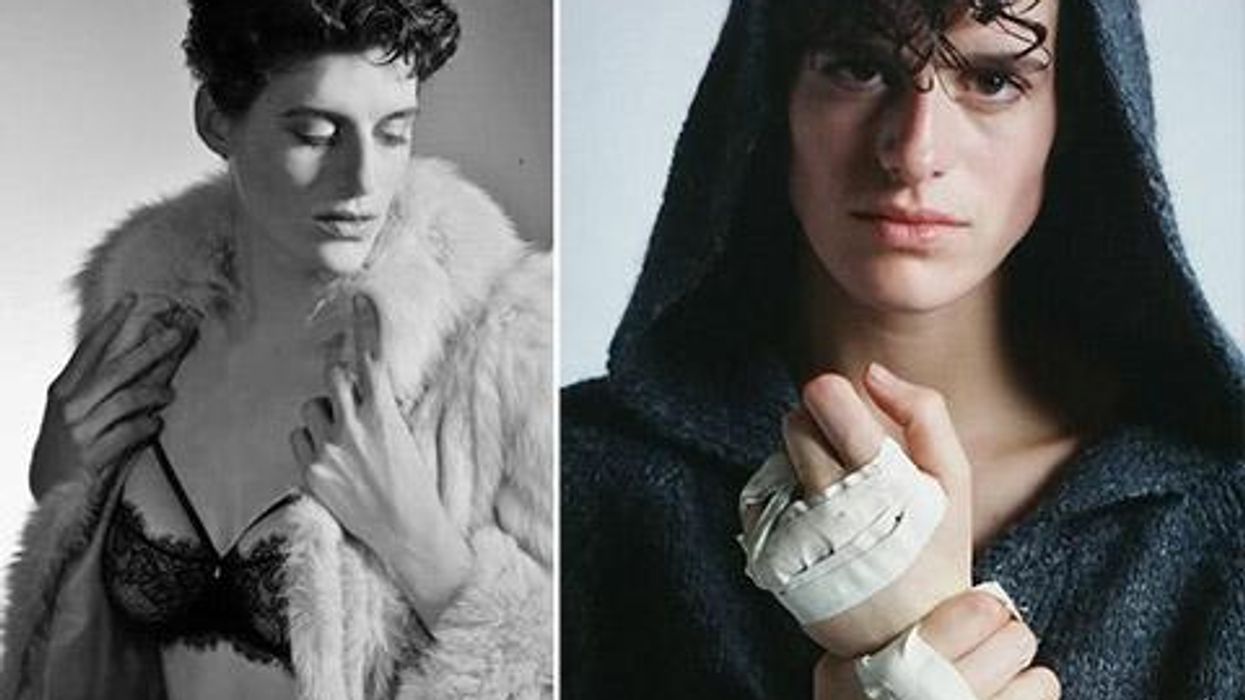






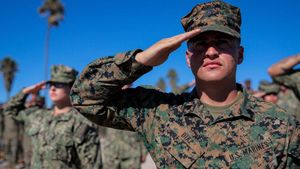






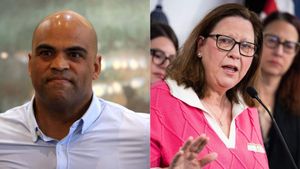

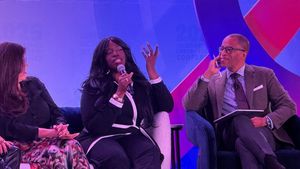






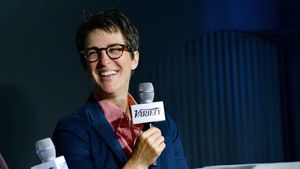





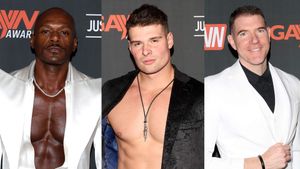


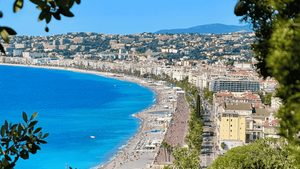
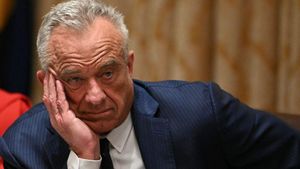
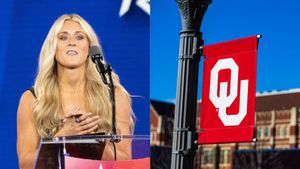
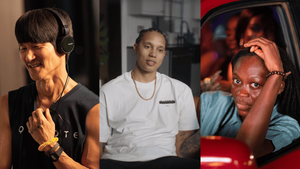






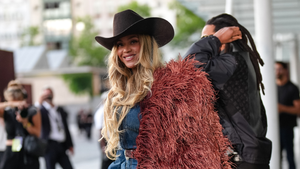
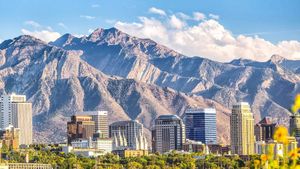

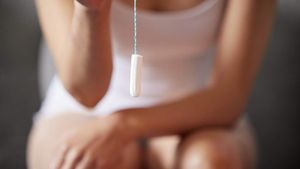

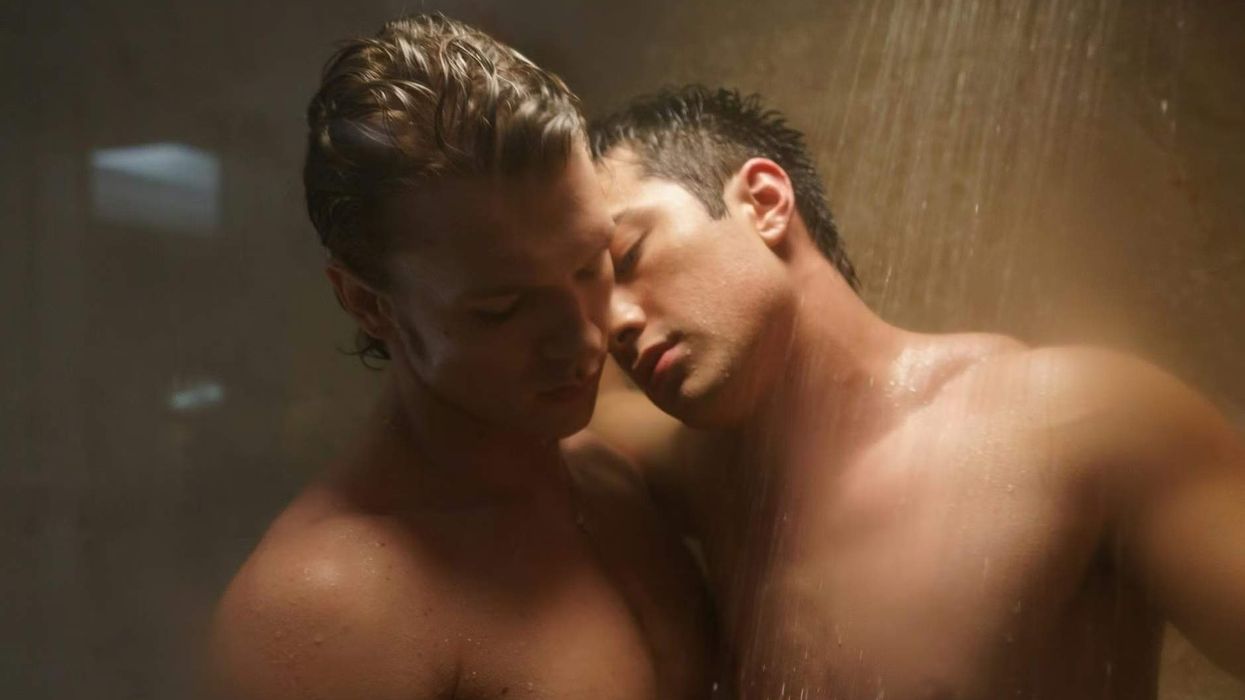

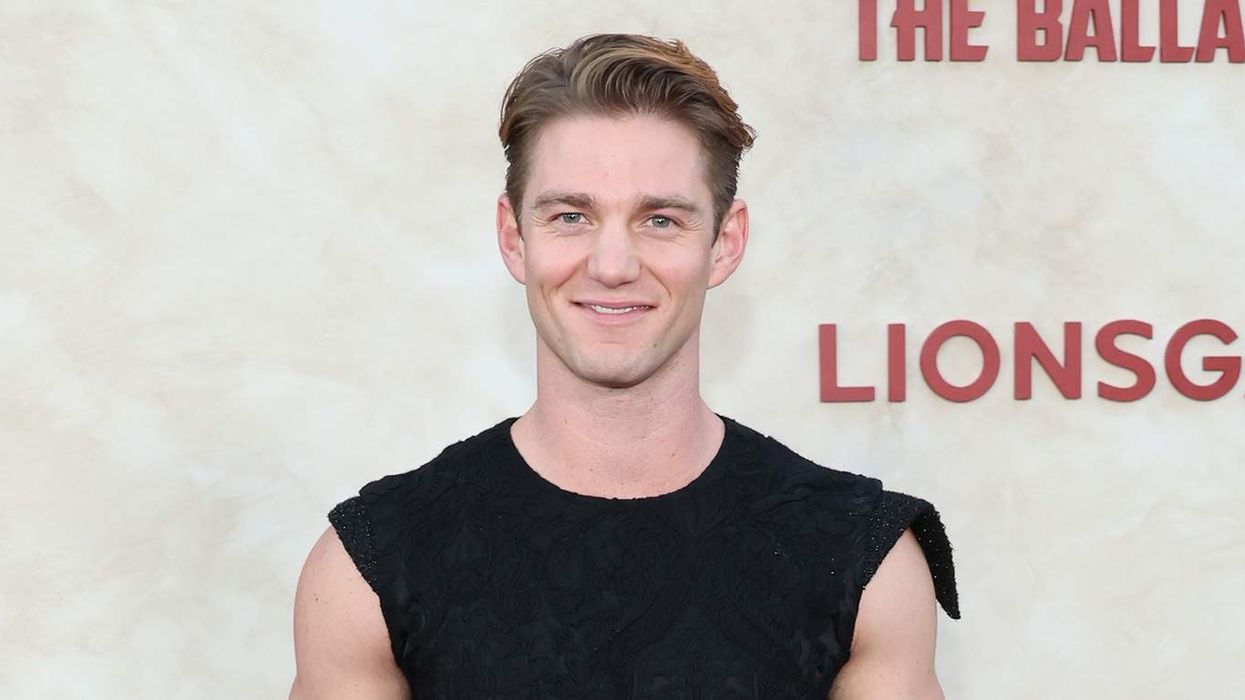


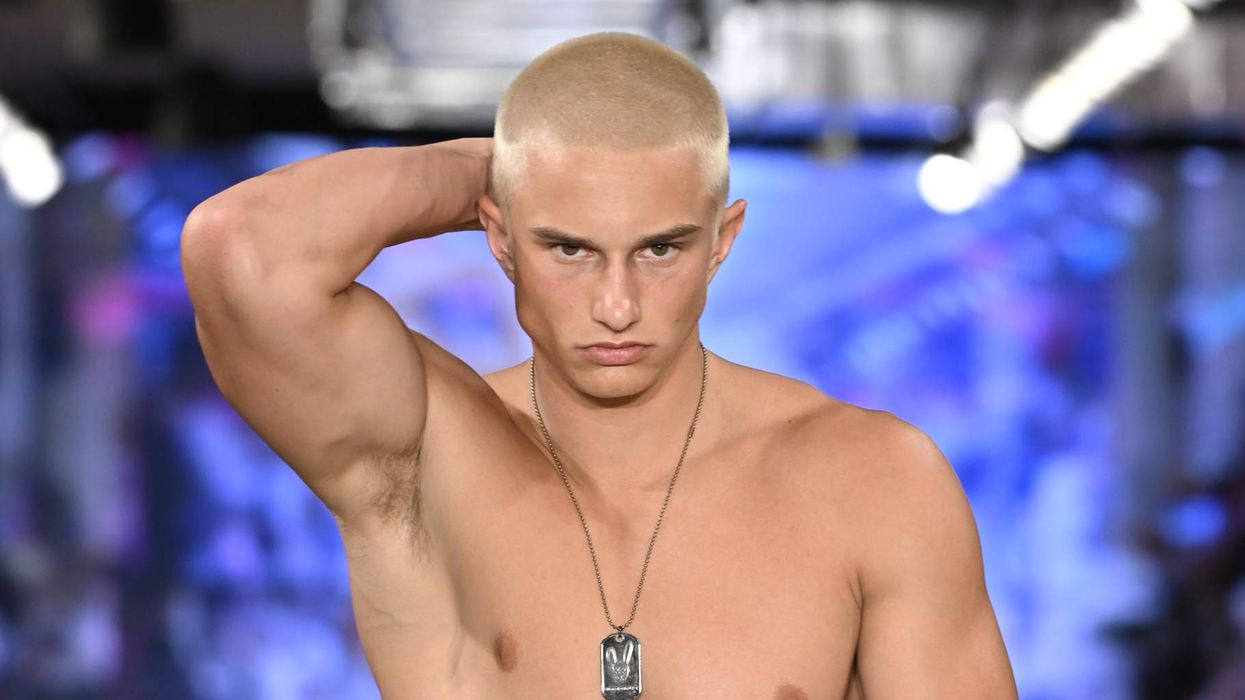

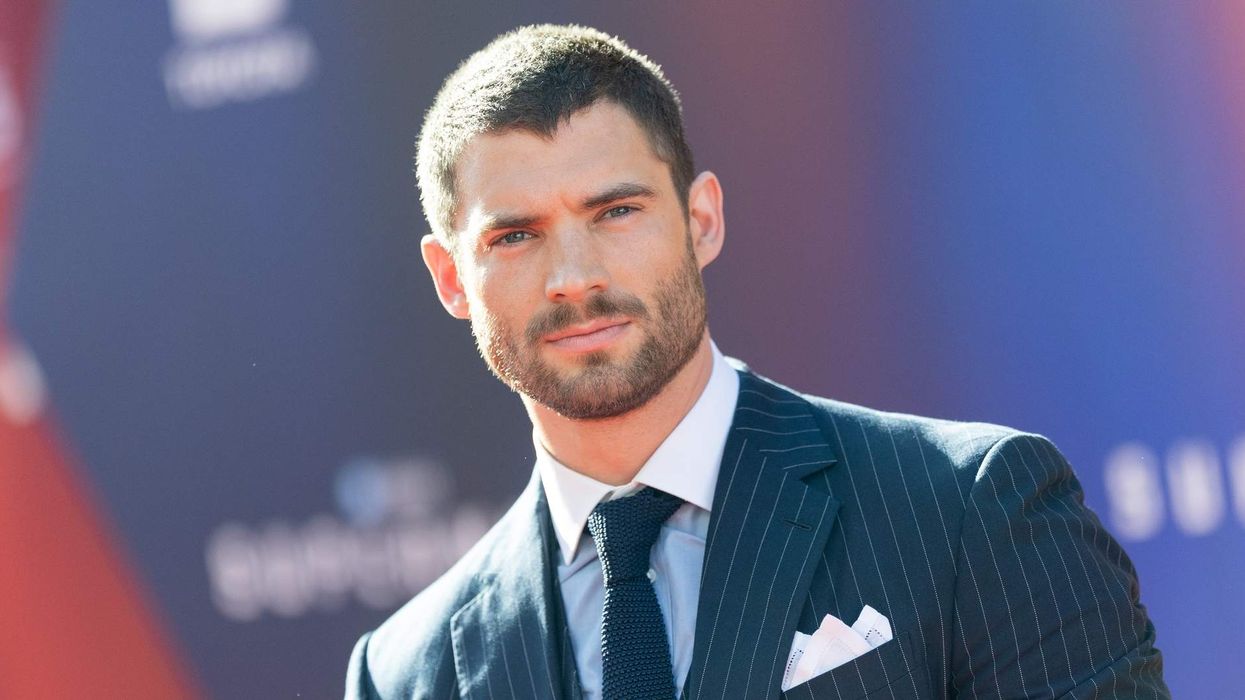
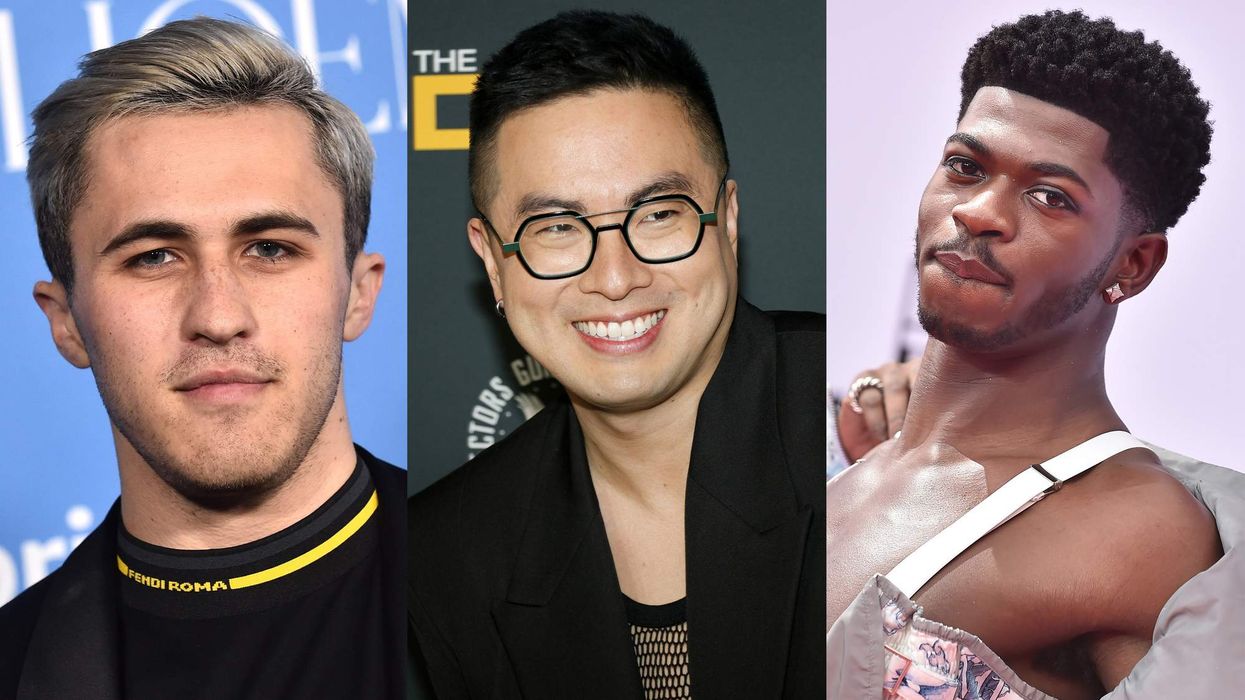































 Cindy Ord/Getty Images
Cindy Ord/Getty Images























